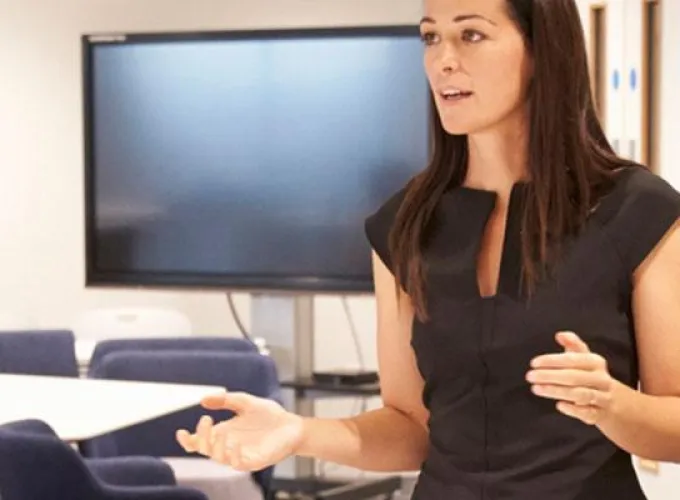Learning Communities

About Learning Communities
Learning Communities are a high-impact practice that help you make new and supportive friends while learning things that matter to you.
In most cases, learning communities consist of linked courses connected by an academic focus area (meta-major). GGC offers first-year learning communities and learning communities for upper-division students. Many learning communities feature learning opportunities outside the classroom.
Registering for a learning community is easy. Register at GGC's new student orientation, Grizzly Orientation, where mentors answer your questions and help you through the registration process. Or feel free to inquire by emailing LearningCommunities [at] ggc.edu. You will also add additional courses to your schedule that apply to your program of study.
Registration Strategy for Full-time Students
Full-time students should take nine credits (three classes) in their Learning Community that are linked to the selected meta-major. Register for six additional credits (two classes) in other relevant courses for your meta-major.
This will result in 15 credits for full-time students.
- Business (BUSI)
- Education (EDUC)
- Health professions (HEPR)
- Humanities and arts (HUAR)
- Information technology (ITEC)
- Social sciences (SOSC)
- Science, technology and math (STEM)
Highly Integrated Communities are more closely coordinated classes with additional learning opportunities. They may include a residential component, called Living-Learning Communities, or of paired junior or senior-level courses with various themes.
- Business and leadership
- Diversity, equity and inclusion
- Government and writing
- Information technology
- Spanish language and culture
- Hispanic Achievers Committed to Excellence in Results (HACER)
- Environmental science
- Film and theatre
Additional Support
English for Academic Purposes (EAP Segue)
This learning community is for students who place into corequisite Segue English and for whom English is not their first language. Your English classes are designed to help develop your abilities in college-level writing and critical reading. You'll also take GGC 1000 First-Year Seminar to build your time management and study skills, explore majors and careers and more.
- EAP 0999E, ENGL 1101^ and in some cases, GGC 1000 (the First-year Seminar)
Grizzly First Scholars (G1)
This learning community is for students who identify as "first generation." Some G1 learning communities also provide additional support for first-generation students who are enrolling in corequisite English or math courses. You may identify as first generation if neither of your parents have earned a bachelor's degree.
G1 learning communities generally include math and/or English courses, plus GGC 1000 First-Year Seminar. You will not only learn important math or English concepts, but also the skills that support academic success. You’ll also meet other first-generation students, get a plan in place for success, and engage your Grizzly community.
Benefits
Dedicated student success advisor to help you develop a student success plan and navigate your first semester of college Student success workshops to help you sharpen your academic success skills, including time management, note-taking, goal setting and study skills Engagement with faculty and staff, many of whom were first generation college students Participation in a service-learning project that will allow you to engage with the local community and build your resume Opportunity to showcase your work during a concluding poster session
Providing Access to Student Success (PASS)
These learning communities are for students who enroll in corequisite Access Math (Algebra, Math Modeling, Quantitative Reasoning or Elementary Statistics) or Segue English. Designated courses are supported by dedicated tutors in the classroom and a Student Success Advisor who serves as your mentor. Most learning community sections also add in GGC 1000, the First-Year seminar.
- ENGL 0999, ENGL 1101* or MATH 0999B and MATH 1111* and GGC 1000
Benefits
Dedicated student success advisor to help you develop a student success plan and navigate your first semester of college Student success workshops to help you sharpen your academic success skills, including time management, note-taking, goal setting and study skills Dedicated tutors to support your academic success
Drop/Withdraw Notice
Learning communities feature integrated assignments across linked courses that enhance and reinforce your learning experience. For this reason, students must remain enrolled in all courses.
Students opting to drop or withdraw from Freshman Learning Community paired courses must drop/withdraw from both.
